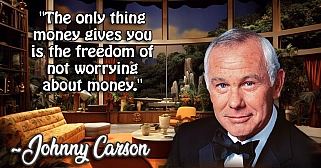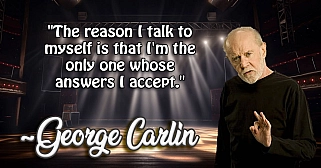Lucille Ball: A Trailblazing Icon of Comedy
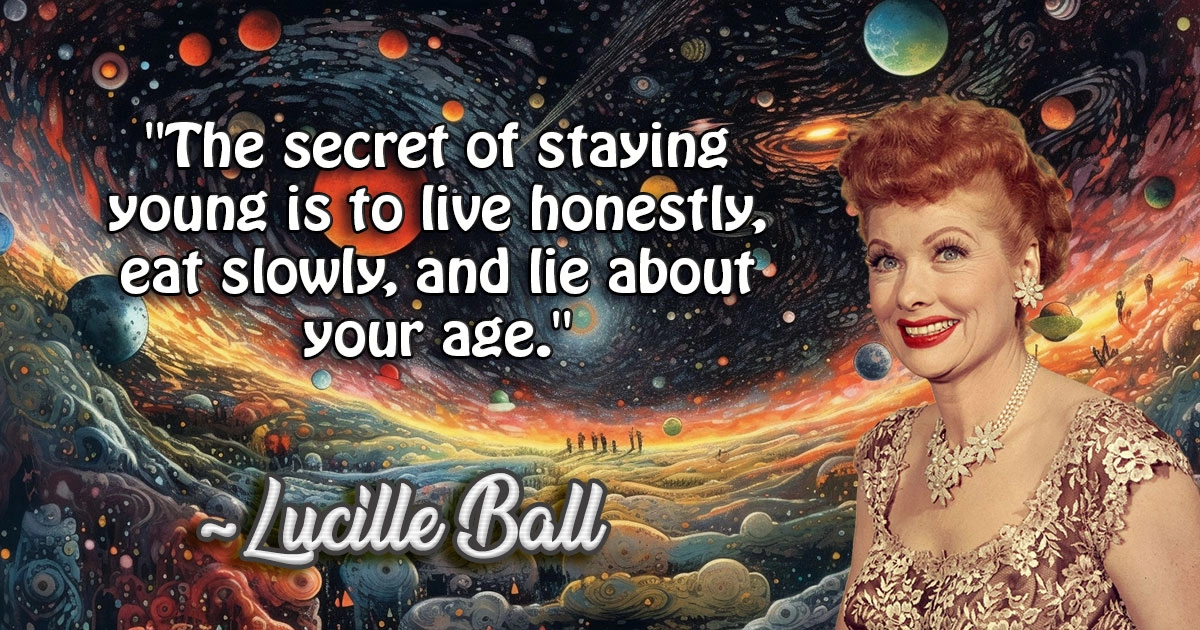
Lucille Ball
Early Life and Aspirations
Lucille Désirée Ball was born on August 6, 1911, in Jamestown, New York. From a young age, Lucy showed a flair for the dramatic, often entertaining her family with humorous skits and impressions. Her father, Henry Durrell Ball, died of typhoid fever when she was just three years old, an event that deeply impacted her. After her father’s death, Lucy and her mother, Desiree, moved in with her grandparents. Her early life was marked by frequent moves and financial instability, but her passion for performance never waned.
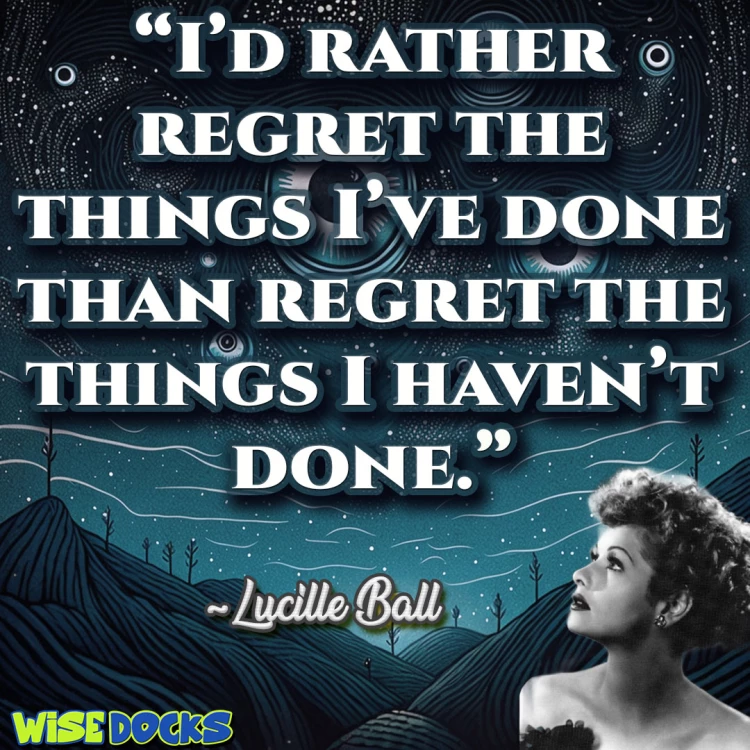
At 15, Lucy enrolled in the John Murray Anderson School for the Dramatic Arts in New York City, where she was classmates with another future star, Bette Davis. However, Lucy struggled in her early acting classes and was even told by one instructor that she had no future in show business. Determined to prove them wrong, she took on various modeling jobs and worked as a chorus girl on Broadway, slowly building her way into the entertainment industry.
The Hollywood Journey
In 1933, Lucille Ball moved to Hollywood with hopes of making it in the film industry. She began her career as a contract player for RKO Radio Pictures, where she appeared in numerous films throughout the 1930s and 1940s. Though she often played small roles in B-movies, her comedic timing and expressive face did not go unnoticed. She earned the nickname "Queen of the Bs" due to her frequent appearances in these films.
Her big break came when she was cast in the musical "Too Many Girls" (1940), where she met Cuban bandleader Desi Arnaz. The two fell in love and married later that year, starting a partnership that would become legendary both on and off the screen.
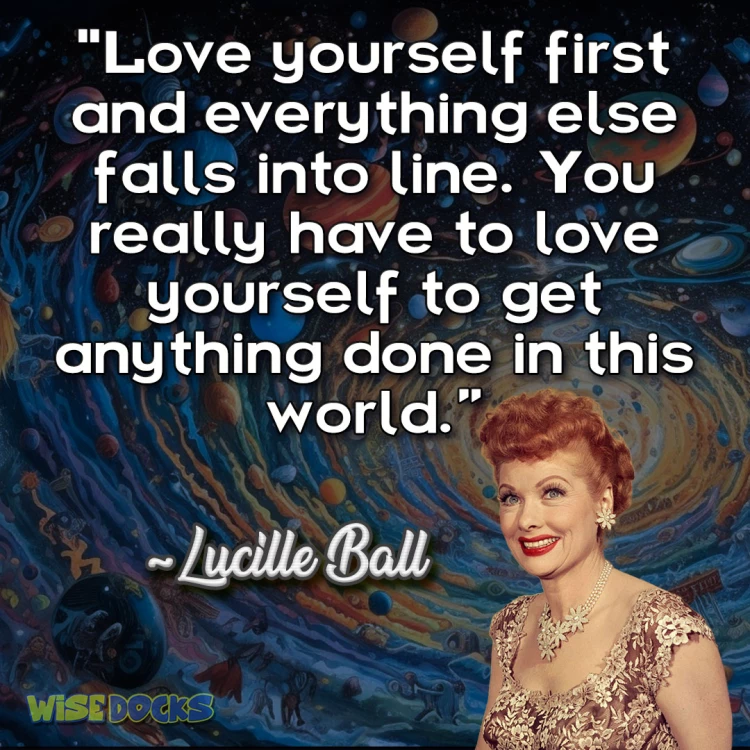
"I Love Lucy" and Television Stardom
Lucille Ball’s most significant contribution to entertainment came with the advent of television. In 1951, she and Desi Arnaz created the sitcom "I Love Lucy," a show that would revolutionize the television industry. The show was groundbreaking for several reasons: it was one of the first to be filmed in front of a live audience, used multiple cameras, and was produced on high-quality film, which allowed for reruns.
"I Love Lucy" became an instant hit, captivating audiences with its blend of physical comedy, witty dialogue, and the undeniable chemistry between Lucy and Desi. Lucy’s portrayal of the zany, lovable housewife Lucy Ricardo endeared her to millions. Her comedic genius shone through in every episode, particularly in iconic scenes such as the chocolate factory assembly line and the grape stomping.
The show tackled various topics, including marriage, friendship, and even pregnancy—Lucille Ball’s real-life pregnancy was written into the show, a bold move at the time. "I Love Lucy" not only made Lucille Ball a household name but also cemented her status as a comedic trailblazer.
Behind the Scenes: Desilu Productions
Lucille Ball’s impact on television extended beyond her on-screen performances. In 1950, she and Desi Arnaz founded Desilu Productions, which produced "I Love Lucy" and later became one of the most successful independent television production companies. Desilu was responsible for several hit shows, including "The Untouchables," "Mission: Impossible," and "Star Trek."
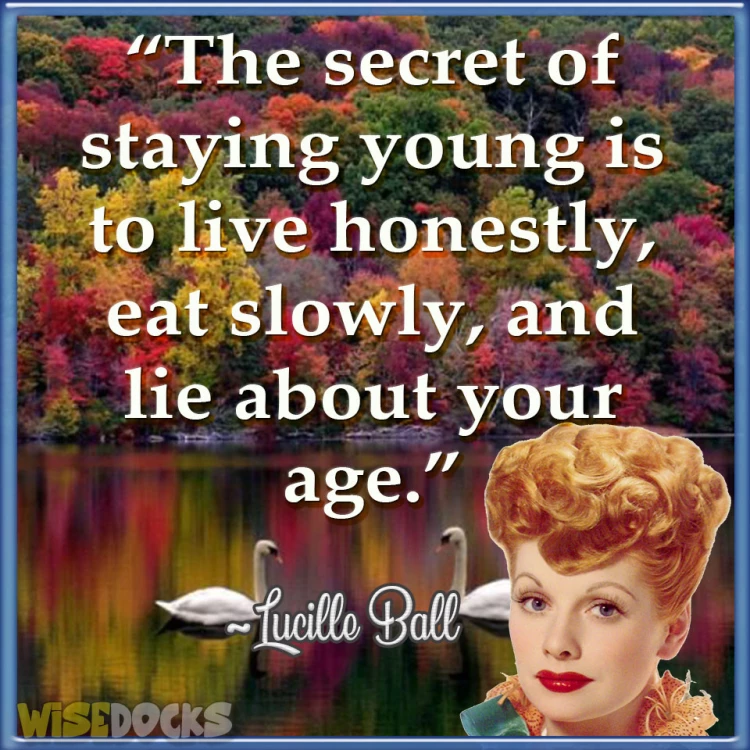
After her divorce from Desi Arnaz in 1960, Lucille Ball bought out his shares of the company, making her the first woman to run a major television studio. Under her leadership, Desilu continued to thrive, producing innovative and influential content that shaped the television landscape.
Continued Success and Evolution
Even after "I Love Lucy" ended in 1957, Lucille Ball’s television career continued to flourish. She starred in several other successful sitcoms, including "The Lucy Show" (1962-1968) and "Here’s Lucy" (1968-1974). Each show showcased her comedic talent and ability to connect with audiences, further solidifying her status as a television icon.
In addition to her television work, Lucy appeared in several films and made numerous guest appearances on other TV shows. Her versatility as an actress allowed her to transition seamlessly between comedy and drama, showcasing her depth and range as a performer.
Personal Life and Legacy
Lucille Ball’s personal life was marked by both triumphs and challenges. Her marriage to Desi Arnaz was a passionate but tumultuous relationship, marked by infidelity and arguments. Despite their eventual divorce, the two remained friends and continued to co-parent their two children, Lucie Arnaz and Desi Arnaz Jr.
In 1961, Lucille Ball married comedian Gary Morton, with whom she remained until her death. Morton was supportive of Lucy’s career and became a key figure in her later television ventures.
Lucille Ball passed away on April 26, 1989, at the age of 77. Her death was met with an outpouring of grief and tributes from fans and colleagues alike. She left behind an indelible legacy in the world of entertainment, having paved the way for future generations of female comedians and television producers.
Impact on Comedy and Television
Lucille Ball’s influence on comedy and television is immeasurable. She broke barriers for women in the entertainment industry, proving that they could be not only comedic leads but also successful producers and businesswomen. Her innovative approach to television production set new standards for quality and creativity, many of which are still in use today.
Lucy’s comedic style, characterized by her impeccable timing, physicality, and expressive face, inspired countless performers. Her willingness to embrace absurdity and take risks in her comedy paved the way for future sitcom stars and stand-up comedians. Shows like "The Mary Tyler Moore Show," "Roseanne," and "30 Rock" owe a debt to Lucy’s trailblazing work.
Honors and Awards
Throughout her career, Lucille Ball received numerous accolades for her contributions to entertainment. She won four Primetime Emmy Awards and was nominated for several others. In 1977, she was among the first recipients of the Women in Film Crystal Award, recognizing outstanding women who, through their endurance and excellence of work, have helped to expand the role of women within the entertainment industry.
In 1984, Lucille Ball was awarded the Kennedy Center Honors, celebrating her lifetime contributions to American culture. Her legacy is also preserved through the Lucille Ball Desi Arnaz Museum in her hometown of Jamestown, New York, which attracts thousands of visitors each year.
The Lasting Legacy of Lucille Ball
Lucille Ball’s life and career are a testament to her talent, resilience, and pioneering spirit. From her early days as a struggling actress to her reign as the queen of television comedy, Lucy’s journey was marked by determination and innovation. She broke new ground for women in entertainment, both in front of and behind the camera, and left an enduring impact on the industry.
Her work continues to be celebrated and enjoyed by audiences around the world. "I Love Lucy" remains a beloved classic, its humor and charm as fresh today as it was decades ago. Lucille Ball’s legacy lives on, inspiring future generations to pursue their dreams with passion and creativity. In the world of comedy, she will always be remembered as a true pioneer and a beloved icon.
